Advertisement
Machine learning is transforming our lives, businesses, and problem-solving ability today; it is no longer just a futuristic idea. This technology is all around, from supporting doctors in early disease detection to driving the suggestions on your preferred apps. But what comes next? Machine learning seems increasingly more fascinating going forward. Ahead are faster learning, more customized tools, and smarter machines.
These developments can help sectors, support daily decisions, and even enhance our health. Students, companies, and innovators alike are paying great attention. They want to know how to prepare and where machine learning is headed. Investigating what's next in machine learning will help you keep ahead regardless of your curiosity or technological prowess. The trends below will help define this great technology's direction in daily life and across many sectors.
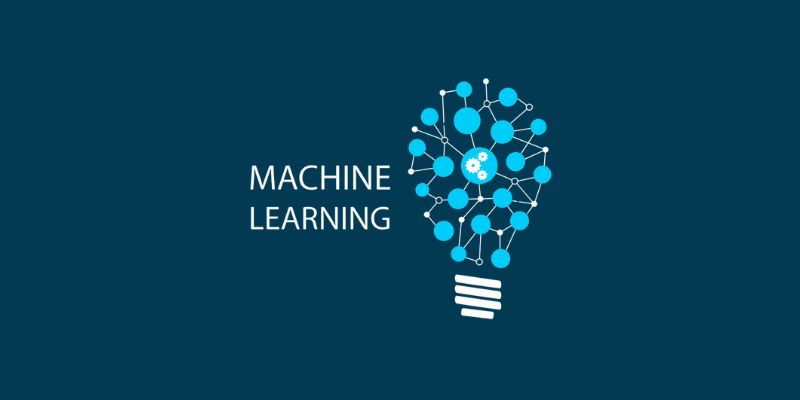
Below are some key developments highlighting how machine learning changes and shapes the future across different areas:
Machine learning is developing in intelligence and speed. Models in the past often needed thousands of examples to learn. Thanks to few-shot learning, they can learn today from a few samples. Another benefit is transfer learning. A model trained on one task can quickly adapt to a different one. These improvements make machine learning more reasonably priced and helpful. These tools are even available to tiny companies nowadays. However, another major advance is TinyML. It integrates ML models into portable devices like sensors and cell phones. These tools function even without the internet. Machines may learn in minutes rather than days in the future.
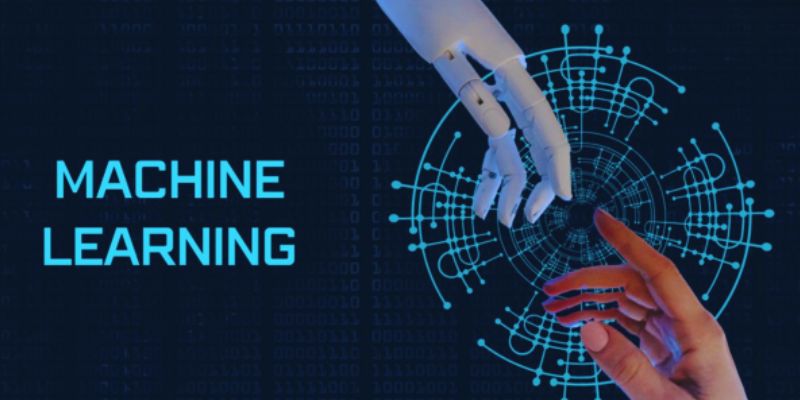
Machine learning will help to personalize things. Services and apps will be more familiar to your choices and behavior. Your phone may pick up your typing, texting, or search style. Streaming apps could recommend shows you like without requiring a search. Healthcare could also benefit. Treatments developed by doctors could rely on your DNA and health information. Retail stores could send custom offers based on your purchase habits. Tools for education allow lessons to be tailored to your speed of learning. Analyzing plenty of facts helps one to have this own experience. More data brings more precision. It does, however, call for questions regarding your privacy. Better personalization can simplify life in business, health, and entertainment, speed it up, and make it more pleasant.
The future does not revolve around technology substituting for humans. It's about team cooperation here. Machines solve large issues and identify trends quickly. People excel in empathy, inventiveness, and judgment. ML can quickly scan photos in the healthcare field; doctors make the last call. In business, machines study patterns; humans build plans. Stronger outcomes come from this combo. Smart tools like writing and voice assistants are already helping us today. Soon, they may perfectly match your tone and communication style. These aides cut mistakes and save time.
The job landscape will be altered by machine learning. While some professions could be mechanized, new ones will develop. People will need to learn how to use and manage smart tools effectively. Data scientists, ML engineers, and AI ethicists will be in high demand. Even farmers and teachers will use smart systems in their work. To be competitive, everyone will need rudimentary digital knowledge. Schools and training facilities must update programs to teach what is required. Funding training for future employment allows governments to support businesses. The emphasis will move from labor-intensive repetitious tasks to creative problem-solving. For those ready for learning, this shift opens fresh opportunities.
Machine learning can enhance health treatment. It guides doctors in choosing better medicines and spotting early on problems. ML can analyze patient data faster than humans can. In an emergency or when doctors are scarce, this helps. Wearables and smartwatches can log stress, sleep, and heart rate. By analyzing chemical patterns, ML technologies could also enable the faster development of new medications. They can even conjecture a person's possible reaction to a treatment. ML-based mental health technologies may listen to you and offer recommendations depending on mood or speech. However, health data has to remain private and secure. Models must be put to fairness tests.
Fairness and ethics become more crucial as ML technologies spread over society. Machines pick knowledge from data. If the data is biased, the outcomes can also be unfair. A hiring tool might, for instance, mistakenly favor one group. Developers have to test the models to locate and resolve these problems. One should guard people's privacy and info. Well-defined policies should guide the design and application of ML. People should be aware of when a machine makes decisions that impact their lives. Companies have to be upfront about the functionality of their systems. Ethical design fosters acceptance and confidence.
Smarter cities are being created in part by machine learning. Real-time traffic data allows lights to adjust automatically. It saves petrol and reduces waiting times. Data can help one arrange for garbage collection. Smart buildings change their energy use depending on the behaviors and the temperature. ML predictions let emergency response teams reach individuals faster. Sensors can monitor air and noise pollution. It guides city officials in wise, safe decisions. Smart cities might get cleaner and more efficient. The protection of privacy is a must. City designers have to apply ML in ways that preserve individual liberties. Carefully done, ML can assist in creating secure, pleasant, orderly homes and offices.
Machine learning has great promise in the future. It will deliver speedier systems, wiser tools, and more customized experiences. Machine learning will permeate all our lives, from bettering healthcare to creating intelligent cities. It will also demand that we pick new skills and generate new employment. Building trust in these systems will depend heavily on ethical use, fairness, and privacy. Machines will support—not replace—human thought as they grow better partners. Now is the time for explorers, creators, and leaders to advance. Machine learning can help everyone to have a better and smarter future with the correct actions.
Advertisement

Looking for a better way to organize your email inbox? Clean Email helps you sort, filter, and declutter with smart automation and privacy-first tools
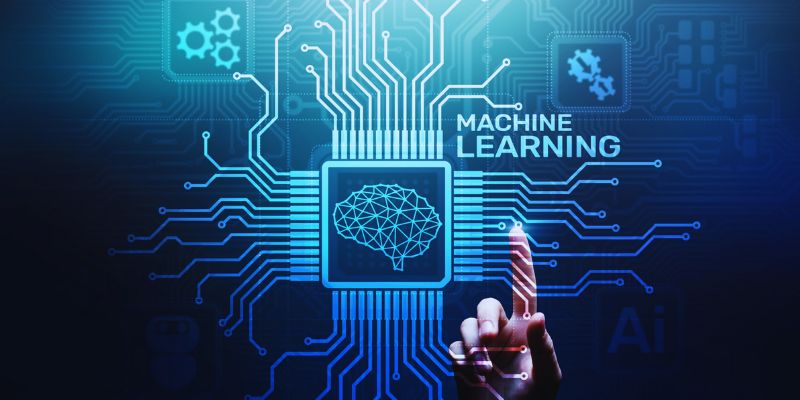
Discover machine learning model limitations driven by data demands. Explore data challenges and high-quality training data needs
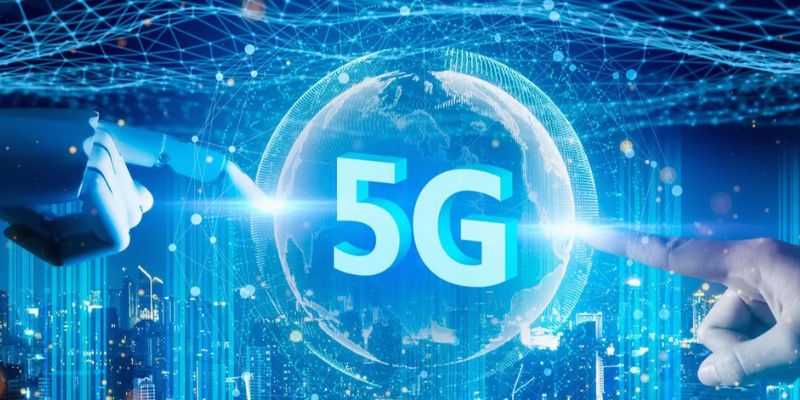
Know how 5G and AI are revolutionizing industries, making smarter cities, and unlocking new possibilities for a connected future

Think ChatGPT is always helping you study? Learn why overusing it can quietly damage your learning, writing, and credibility as a student.
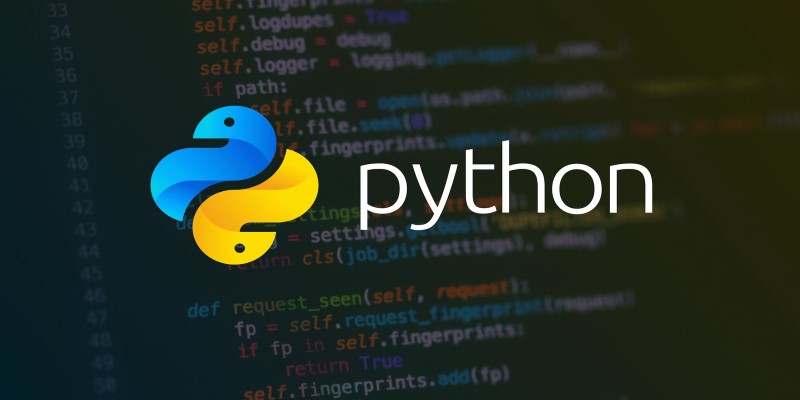
Explore 6 practical techniques for displaying lists in Python using tools like the print function, for loop, and f-string formatting. This guide helps you show list data cleanly and clearly for real-world use
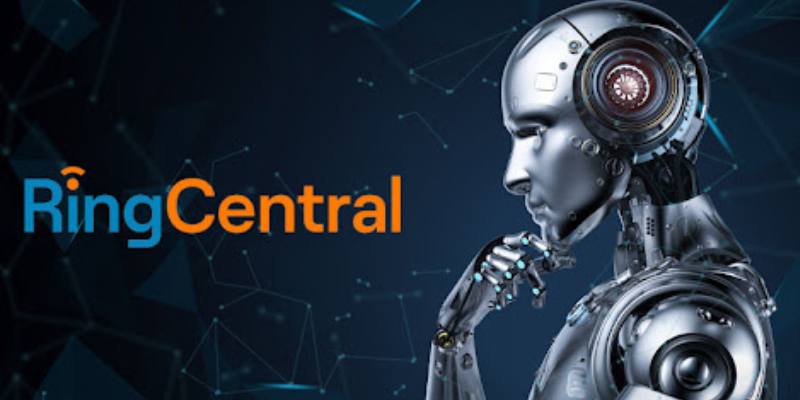
Discover the top 5 benefits of RingCentral's RingCX, the AI-powered CCaaS platform redefining cloud-based customer service.
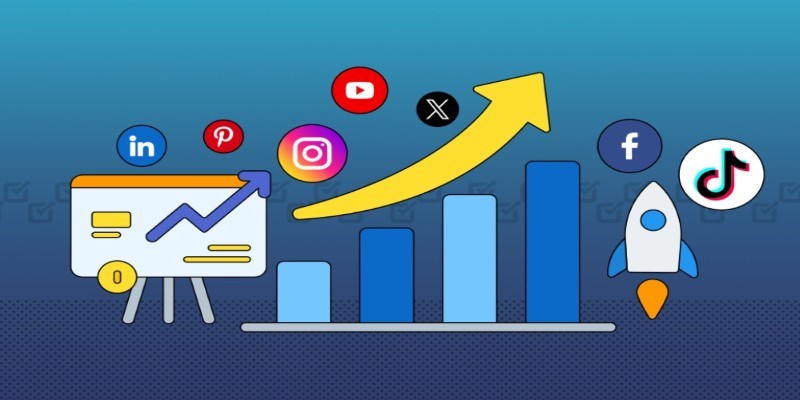
Find out the 8 top-rated AI tools for social media growth that can help you boost engagement, save time, and simplify content creation. Learn how these AI-powered social media tools can transform your strategy
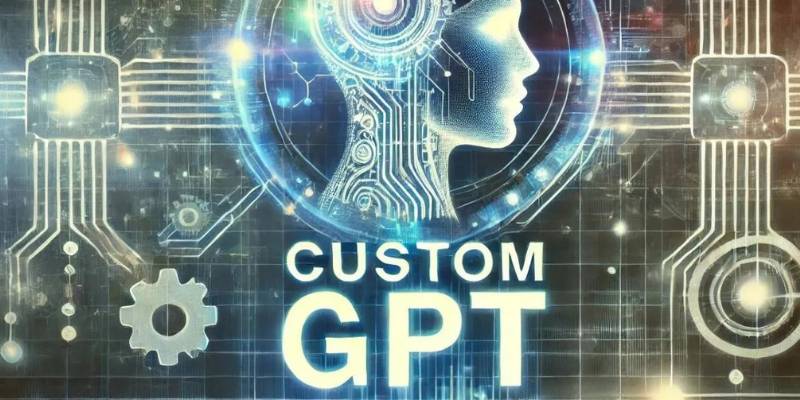
Learn how to build Custom GPTs using this step-by-step guide—perfect for developers, businesses, and AI enthusiasts alike.
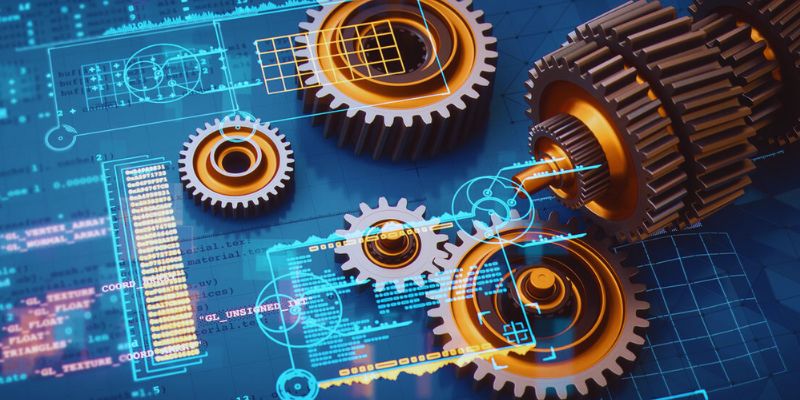
Collaborative robots, factory in a box, custom manufacturing, and digital twin technology are the areas where AI is being used
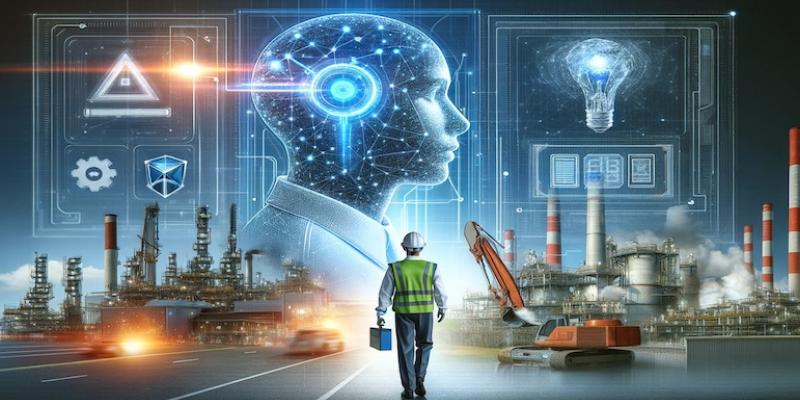
Explore how artificial intelligence improves safety, health, and compliance in manufacturing through smarter EHS systems.
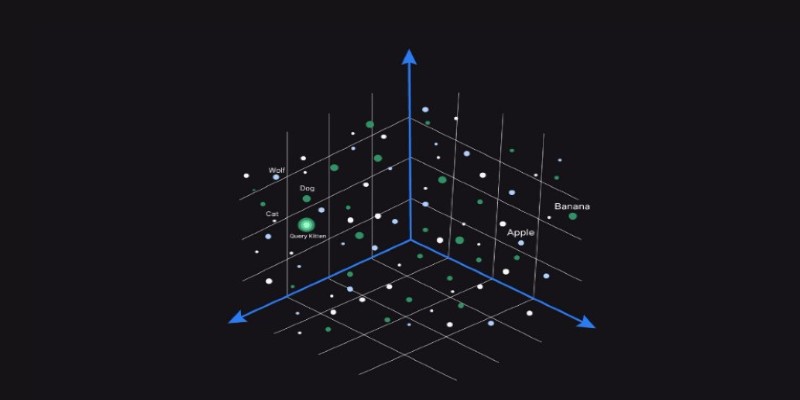
Wondering how AI finds meaning in messy data? Learn how vector databases power similarity search, make tools smarter, and support real-time AI features

In this article, we talk about the types of neural networks. CNN vs RNN vs ANN, and how are they all different.